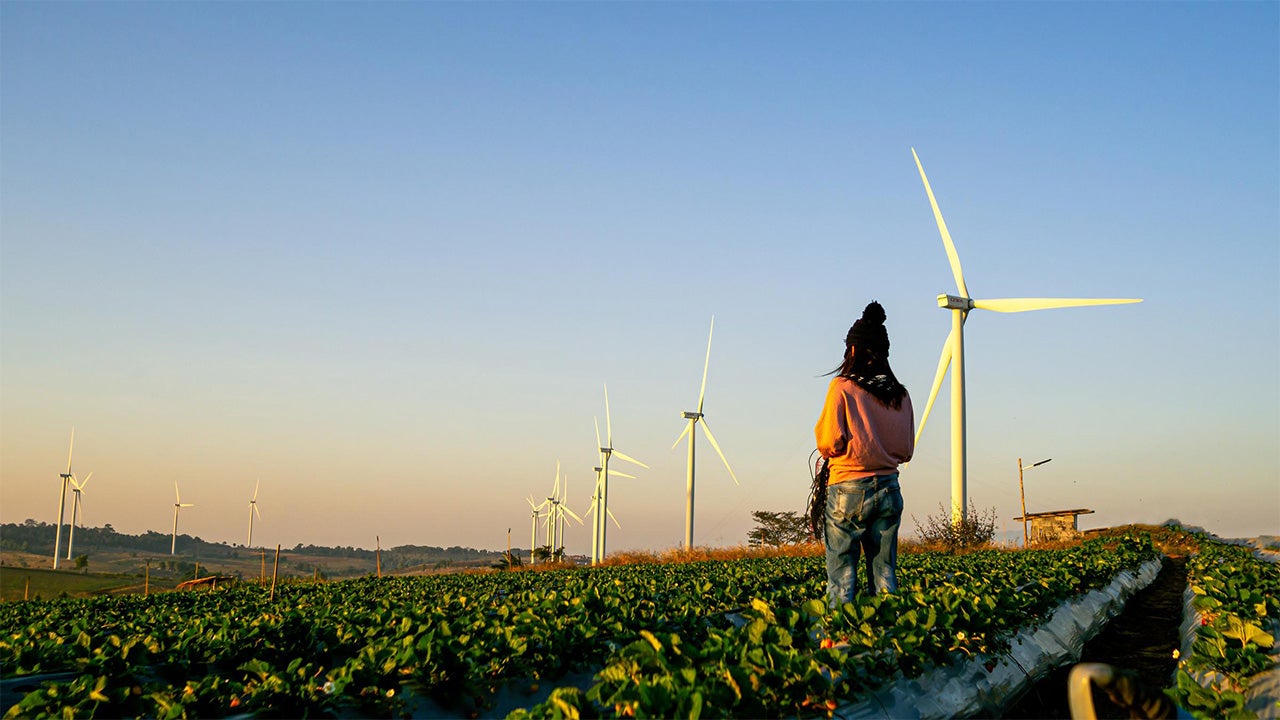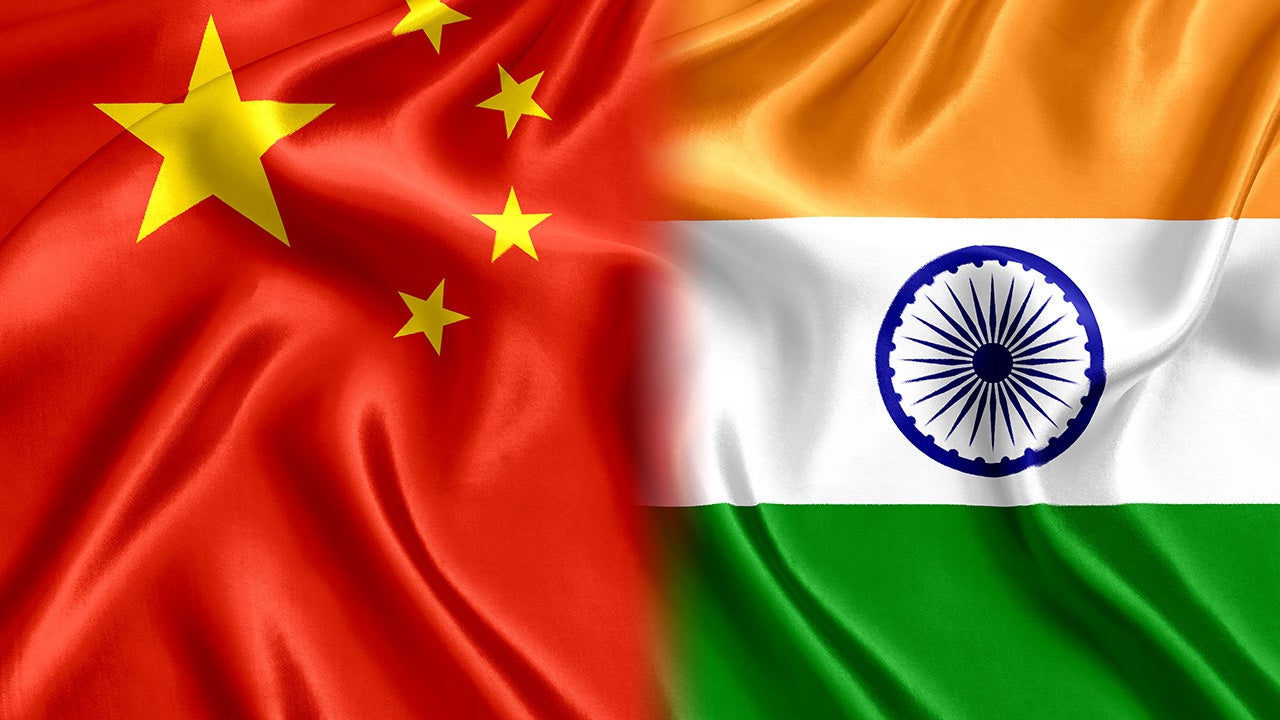
Equities How are emerging markets enabling artificial intelligence?
A handful of emerging market companies and their underlying semiconductor technologies have been crucial to enabling generative AI solutions. Find out more.

Invesco teamed up with Economist Impact to investigate the evolving role of emerging markets in the global economy.
Over the past three decades, emerging markets—a set of countries that are not too rich, not too poor and largely open to trade and investment—have harnessed free-market globalisation to achieve remarkable economic growth. This is evident from their real GDP, which has soared from US$7.41trn in 1980 to US$47.95trn in 2023. Their trade patterns have also evolved, with trade between and among emerging and developing economies now comprising over 45% of their total trade, up from 25% in 1990.1
‘From emerging to surging: Intra-emerging markets trade and investment amid new globalisation’ is an Economist Impact briefing paper, sponsored by Invesco, that investigates the evolving role of emerging markets in the global economy. Amid the new era of globalisation—marked by geopolitical tensions, protectionist policies and the looming threats of climate change—these countries are in a strong position to capitalise on their bolstered trading capacity. Indeed, emerging markets can strengthen economic ties between themselves and better integrate with their regions, to not only continue their growth trajectories, but also enhance their resilience and, ultimately, gain a weightier role in the global economy.
In addition to desk research and data analysis, a series of expert interviews were conducted to complement the analysis in the briefing paper.
To learn more, download the briefing paper.
This report was researched and written in June 2024.

A handful of emerging market companies and their underlying semiconductor technologies have been crucial to enabling generative AI solutions. Find out more.

We believe that the current energy transition, from fossil-based energy to renewable or clean energy production, could prospectively drive the largest capital expenditure boom in history — and fuel opportunities for investors. Find out more.

When thinking about emerging markets and opportunities within the asset class, we believe that success depends not on eliminating risk entirely but rather on investing where risk is being rewarded. Find out more.

Sufficient investment capital and technical assistance for climate adaptation and mitigation could empower developing countries. Find out more.

While India and China share several characteristics they are now undergoing a distinct shift in economic perspective.
For the purposes of this report, Economist Impact defines “emerging markets” as a set of countries that are not too rich, not too poor and largely open to trade and investment. “Developing economies” is defined as a group characterised by comparatively slower growth trajectories and lower participation in global trade and investment. The report focuses on emerging markets but includes some analysis of the broader category of emerging markets and developing countries together, acknowledging that many emerging markets were considered developing economies not too long ago. The report adopts the Economist Intelligence Unit's (EIU) classification of countries to differentiate between emerging markets and developing economies.